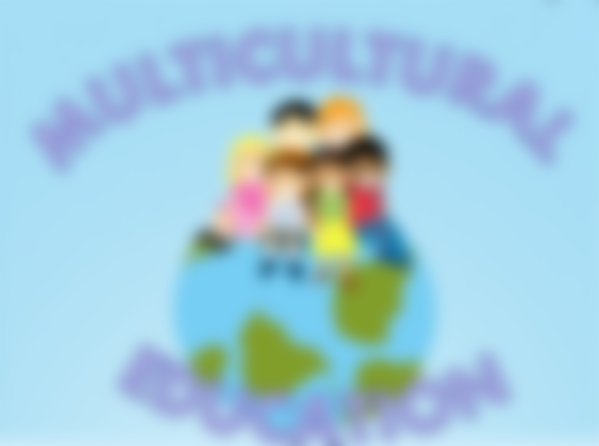Modern society is characterized by many differences. These differences are manifested daily through different forms. However, the differences are not bad, the differences are our strength and beauty. Although many use differences as an excuse for violence and various forms of discrimination, we must understand that this is the wrong approach. Education should be our main weapon in the fight against violence and discrimination. In order to learn to respect differences, the basic principles of education should be tolerance and multiculturalism.
Tolerance in education
Tolerance is one of the basic demands of our time because is the world today divided in all possible ways, there is no single view of the world, and yet it must be to live together and search for what unites us. There are places for differences and contradictions in human reality because they are the forces of development.
In a psychological sense, it represents an open mind, a readiness for non-dogmatic thinking and implies freedom from conventions, prejudices, and stereotypes.
As a special term, "social tolerance" means recognition of the right to diversity. It is a natural tendency of people to expect and strive for their right diversity is as such and respected, which means that others recognize their right and tolerate. It is a legitimate right for people to speak their mother tongue, to take care of preserving their own culture, or belonging to a religious community. Recognition of rights it implies both traits - that the differences that divide us do not exist as privileged or superior.
The states in the field of education should encourage the spirit of tolerance and intercultural dialogue and take effective measures to promote mutual respect, understanding and cooperation among all people living in its territory, regardless of their ethnicity, cultural, linguistic, or religious identity.

Tolerance can be successfully learned by fostering an atmosphere of mutual respect and assistance, by enabling the reasoned exchange of opinions and decisions. Such an attitude is understandable considering the differentiation and heterogeneity of the modern societies (different nations, professions, generations, religions, and political groups), mutual understanding, and dialogue are necessary for life in it.
For reasons, tolerance is an imperative of our time, because it is the only constructive and civilized way of overcoming differences in views, beliefs, and interests of different groups of people who, like it or not, have to live together.
The dialogue is like that singles out as the most adequate means of reconciling different, often opposing ideology, views, beliefs, and opinions. By confronting different attitudes, ideas, and opinions, an optimal solution is reached, which is the most acceptable for all participant's dialogue. For that reason, it is important to nurture dialogue as an educational, intercommunicating tool whose power is revealed through immediate social activity and engagement.

Tolerance should be the basic principle of education, the principle from which education starts. Therefore, in this way we can educate people who will be tolerant. This means less discrimination and misunderstanding between different groups of people. At the same time, it means more support, love, companionship.
Multiculturalism in education
In modern society, national fences are disappearing more and more, according to their needs disappearance creates a higher form of social community, humanity emerges as a unique society.

We must understand that everyone has the right to education. Elementary education would it should be aimed at the full development of human identity and the strengthening of respecting human rights and fundamental and basic freedoms. It should promote understanding, tolerance, and friendship between nations, racial and religious groups, and peacekeeping activities. Along the way, multiculturalism emerges, as one of the tasks and goals of the modern school.

Multiculturalism gives us insight into the differences that unite us or that unite us make them unique, interesting, and worthy of mention and respect. By nurturing values of multiculturalism in school frameworks and understanding of its essence and significance can greatly contribute to the unity and cooperation of its subjects. Example point educational work with children of different nationalities is the basis for removing prejudices and for multicultural action on the development of socially positive attitudes. The goal of multicultural education and the upbringing of students is to provide equality of education for all.
The principles of multiculturalism will enable students to understand, respect, and appreciate cultural differences and similarities, as well as recognize the achievements of different ones ethnic, racial, and social and economic groups. Different groups to display realistically, from multiple perspectives with the aim of equalizing relations between cultures.
Multicultural education can take place on several levels, starting with organization joint activities in the learning process to a transformative approach that enables incorporation of different cultural patterns into the curriculum, with the aim of developing multiculturalism in students.




When in the end, it's the students who are tolerating the narrowminded education instead of the education system tolerating the differences of the students